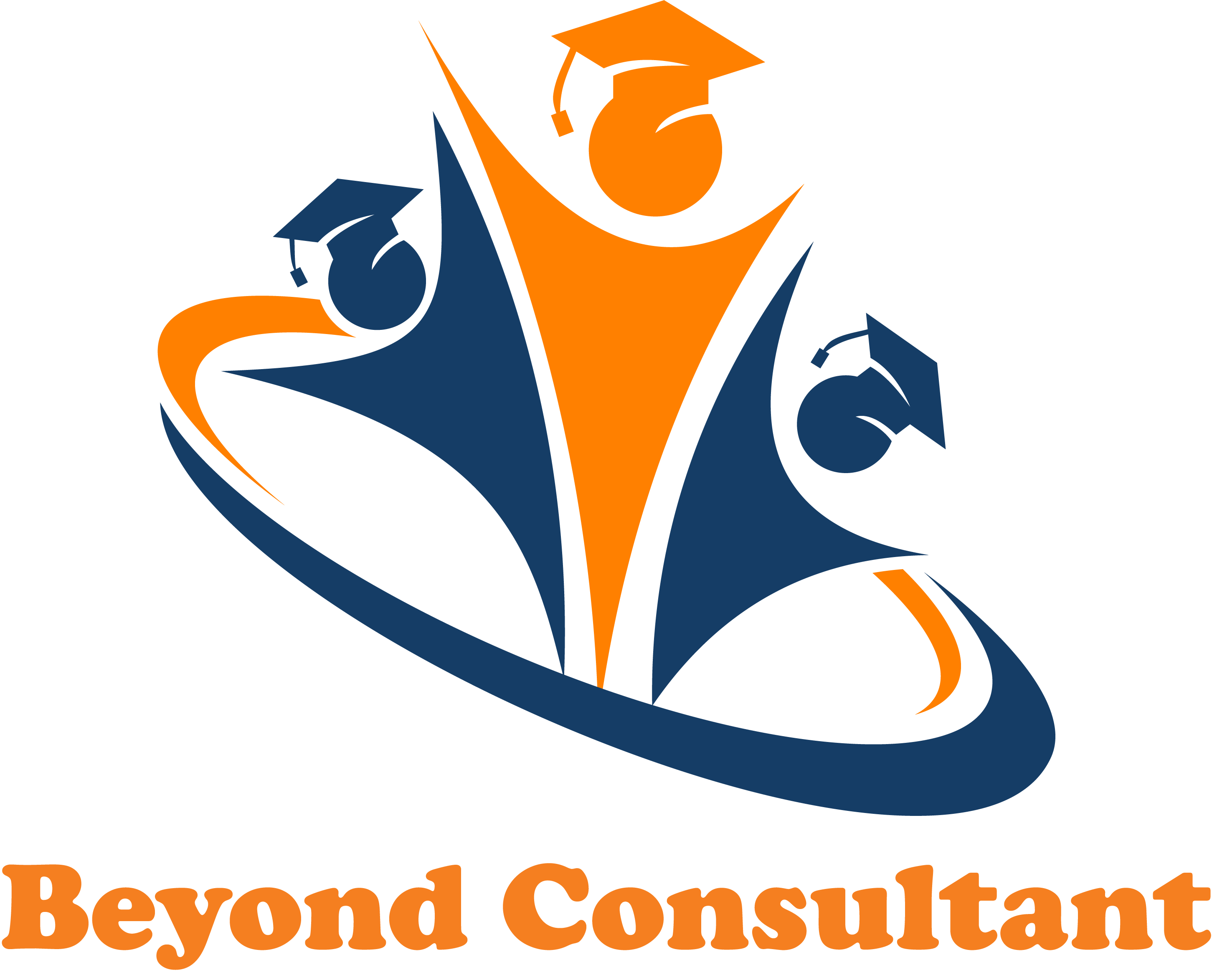In the last few articles, we discussed how to build the perfect resume. Let’s now focus on the crucial Interview Day, when things make or break! One may argue that interviews are personal interactions and there is no formula behind them. We disagree! Expert recruiters often find patterns that lead to the selection of candidates.
So, let’s look into a few common must-do interview practices!
- Maintain Interview Etiquette
As commonsensical as it may seem, proper interview etiquette is a basic expectation. Did you dress appropriately for the job? Did you maintain adequate eye-contact (read eye contact, not staring or worse ogling!)? Were you on time for the interview? If you could not make it on time, did you inform them? Did you make a good first impression with a firm handshake and a pleasant smile (read smile, not laughter or excessive zeal)?
Yes, some of these are subjective and hence a little bit of practice on your part will help you get into the standard mode, keeping you away from extremes on either side.
2. Sell Yourself
Like it or not, an interview is a sales meeting. What good is it if you are not selling your skills, strengths, and expertise? This is where the interview is different than your resume. A resume is a record of the past, while an interview is the explanation of the details. How did you do what you did? What challenges did you face? How did you overcome those challenges? What skills/strengths/expertise helped you? What did you learn? Talk about these! Also, do not just talk about the skills, provide examples to endorse them.
Imagine a biopic being made on your story – how would that show you going through your experience? Project yourself just like that!
3. Prepare For Standard Questions
The majority of questions in any interview are likely to be standard questions about your previous work experience/personal details. These questions should not come as a surprise. Prepare well for them. Research standard interview questions for the job at hand and make sure you have ready answers for them.
Also, understand that it is impossible to guess the exact question your interviewer will ask, but it is highly probable that you have prepared some material that answers the questions. In fact, we would like to even say that – don’t prepare for the interview questions, prepare for what you have in your resume. Because some parts of your resume may be really old. You may not remember the exact details of everything. So review your resume carefully and brush things up so you know all the necessary details during the interview.
4. Prepare Smart Questions To Ask the Interviewer
Asking smart questions is a sign of good preparation. Interviewers do give you a chance to know more about the job and the company. If you keep mum, it means that the job doesn’t excite you and you are just interested in any job. Instead, do some research about the opportunity and ask genuine, relevant, intelligent questions.
Asking a question such as ‘what training opportunities are available?’ is more likely to seal a favorable impression than not asking a question or, worse, asking about salary.
5. Send A Thank You Email
You must make interviewers remember you if you want them to consider you while making the final decision. Wouldn’t it be great if you can do so even after your interview? Sending a Thank You email to the interviewer or the HR is a plain goodwill gesture but it does its jobs of differentiating you from others who don’t bother to get in touch after the interview.
Keep the email simple – just mention that it was nice to talk and you look forward to the next step. Mention a line about something very specific that happened during the interview to help the interviewer connect the name to your face. This is likely to be the smallest email with the biggest impact you will ever write!
With the above practices in place, you are all set to roll the ball. Do get in touch if you would like us to coach you personally.
At Beyond Consultant, we help you bring your dreams to life, by guiding in your overseas education and career journey. For a free consultation, please get in touch with us here.

